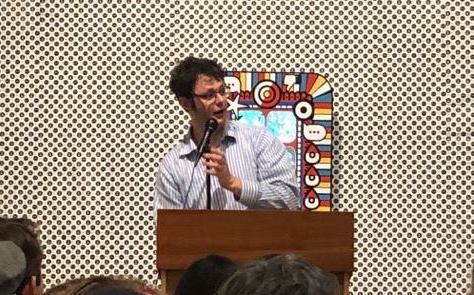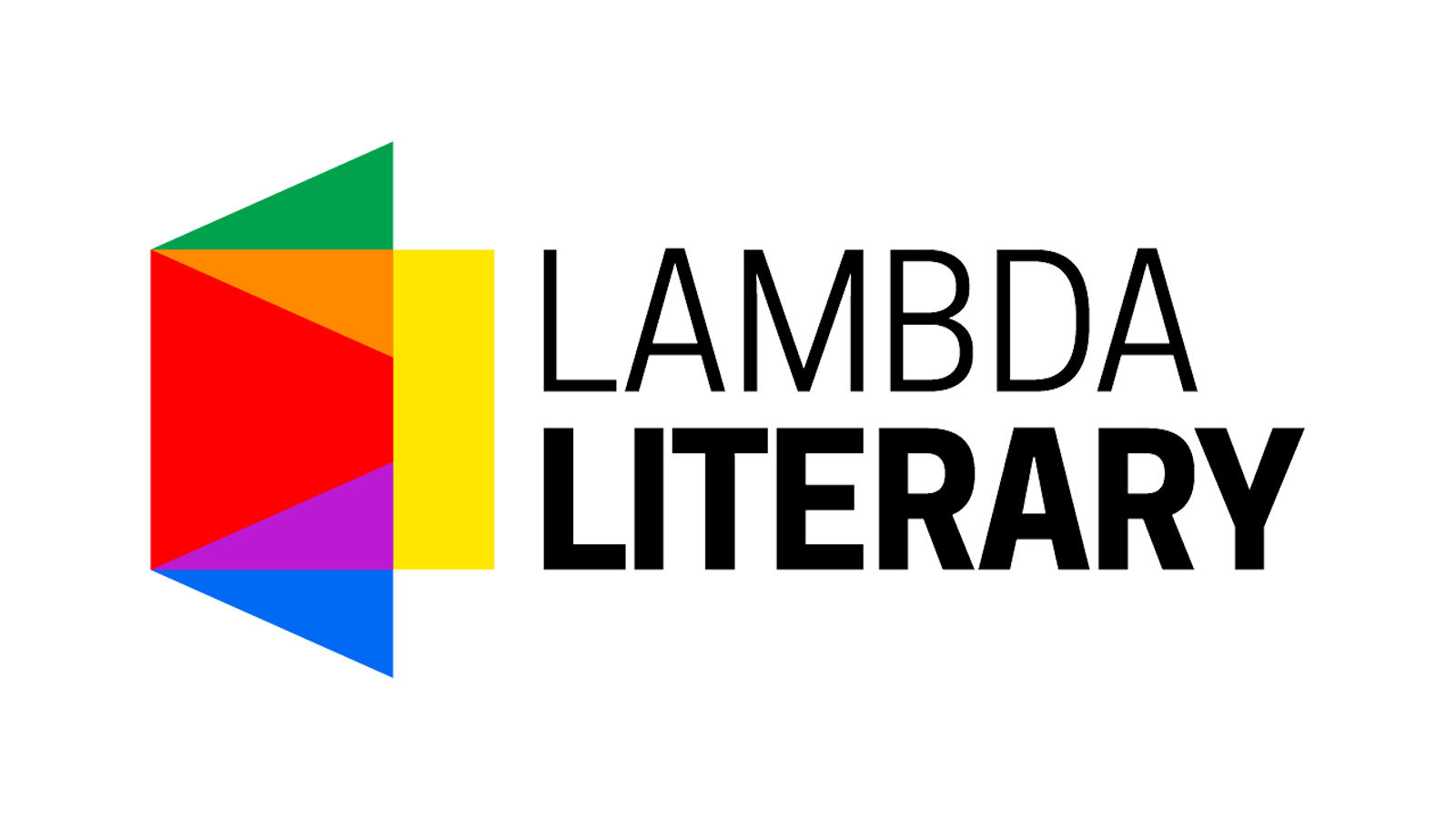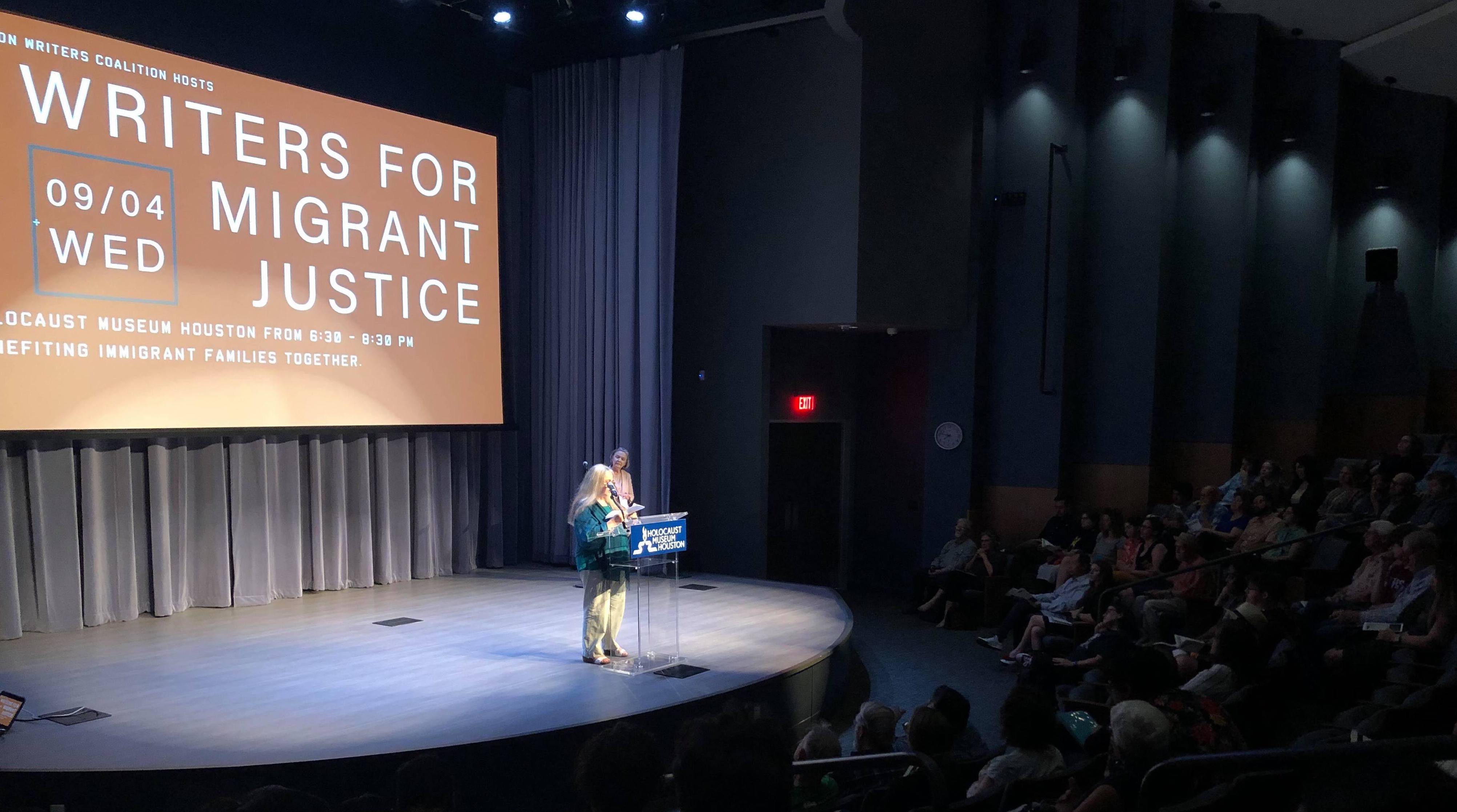Readings in Town
Recently I had the chance to attend a couple of readings that blew me away. There is a new Spanish-language reading series presented by Inprint and Tintero Projects called Escritores en la casa. The September event featured Rose Mary Salum, founder and editor of the bilingual magazine Literal, Latin American Voices. The Inprint house was packed and the audience asked thoughtful questions during the discussion that followed the reading.
I was also able to attend a P&W–supported event with poet Ilya Kaminsky reading from his newest collection, Deaf Republic. Sponsored by the University of Houston’s creative writing program, the monthly Gulf Coast reading series invites students from the program to read with a featured visiting writer. Kaminsky held the audience’s attention with a haunting selection of his book, a lyric narrative-in-poems set in a time of war. The event took place at the beautiful Lawndale Art Center, which hosts art shows and is a spectacular space for readings. It was one of the most unique readings I have ever attended.
Hear Kaminsky read from Deaf Republic in Episode 24 of Ampersand: The Poets & Writers Podcast.
Ilya Kaminsky reads at the Gulf Coast reading series in Houston. Lupe Mendez is the literary outreach coordinator for Poets & Writers in Houston. Contact him at Houston@pw.org or on Twitter, @houstonpworg.









